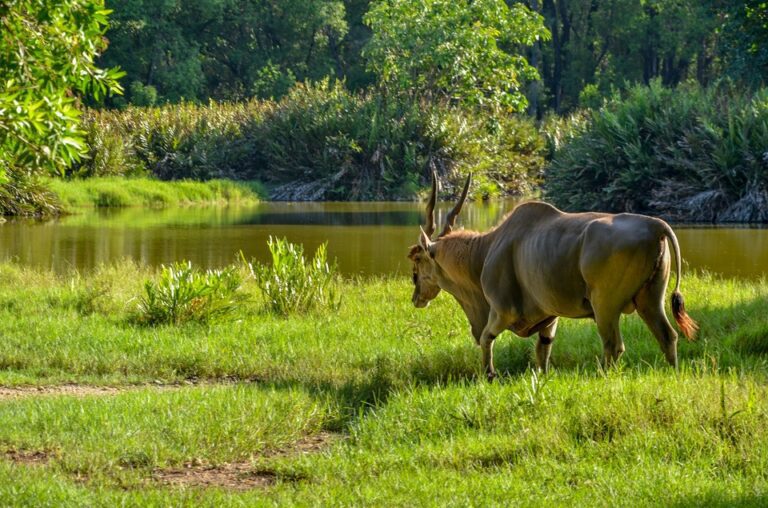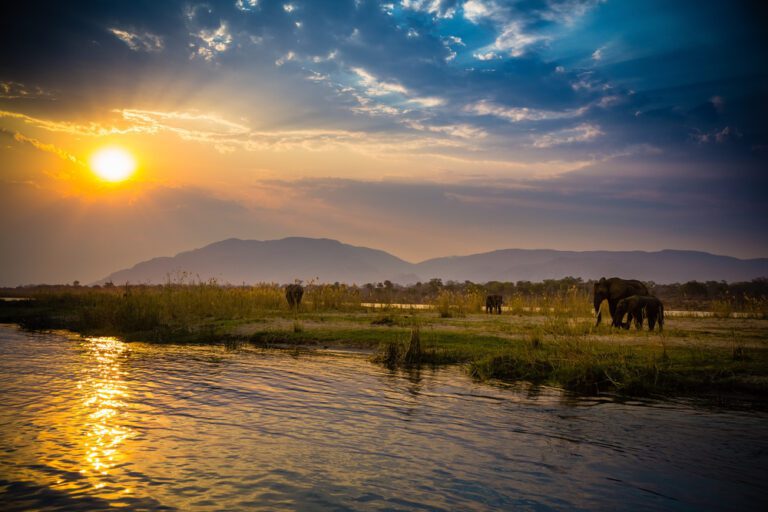In Haridwar there were two kinds of people: those who wanted something and those who didn’t. Anyone could see that the people who didn’t want anything seemed to be having a good time, while those who wanted stuff were all aflutter. They had the air of stressed bankers faced with a black hole of several billions, an impending enquiry, and a talkative mistress. Haridwar is one of India’s f
It is also one of the settings for the Kumbh Mela, the spectacular Hindu religious festival held every 12 years, and reputed to be the largest human gathering on the planet.
The last major Kumbh Mela, in 2013 at Allahabad (like Haridwar, a crossing point), attracted 120 million pilgrims, apparently somewhat short of expectations. Unsure I could face the loo queues, I had opted for a sort of Kumbh Lite, held every three years in Haridwar, on the moonless night of Shiva.
It pulls in only a million or so, barely loose change in the world of Indian crowds. I was staying in a tented camp, the Laskhmi Niwas, pitched in the grounds of the Nagar Kutir ashram on the fringes of the city, away from the crush. My fellow campers were a jolly piratical gang of sadhus, India’s ubiquitous holy men. Sadhus are the original dropouts. They had given it all up – homes, jobs, the chance of a freshly ironed shirt – to wander the highways and byways of India in search of enlightenment and a square meal. They travelled light with a cloth bag, a walking stick, a few dental issues. They had come here from their retreats high in the Himalayas to bathe in the Ganges. Down on the ghats, the stepped riverside embankments in the centre of town, a few hundred thousand pilgrims were struggling to get changed beneath bath towels.
Stepping gingerly on the wet stones, they approached the holy river: stringy men stripped to baggy white boxers, naked children sleek as otters, fleshy women in wet saris, frail old folk whose underwear looked like it might be swept away in the current. There was a carnival atmosphere about these ablutions, some strange cross between Blackpool on a bank holiday weekend and Lourdes on Good Friday. Music blared, priests prayed, dogs barked, loudspeakers crackled, cows pooped, children wailed, pilgrims held their arms aloft in supplication, itinerant salesmen worked the crowds selling hand-rolled cigarettes, balloons, towels, and shampoo while the pilgrims lowered themselves into the water, holding hands, squealing anxieties, ducking beneath the viscous surface. A blubbery young man at my elbow was keen on a photograph. ‘Could you?’ he asked.

Waist-deep in the river, he turned to face his smartphone, smiling and waving as if it was a holiday snap. Skipping back up the steps, he was trembling with excitement ‘I want to wash away my sins,’ he said. He didn’t go into details. Further along the ghats, pilgrims were decorating their kavads with plastic flowers and plastic teddy bears. An open wooden framework, three or four feet long, and carried across the shoulders like a yoke, the kavads were used to transport jugs of Ganges water home, invariably on foot barefoot for the seriously devout, shod for the backsliders. It was destined to bless friends, family, houses, crops, babies, new cars, business propositions, lovers, weddings, and whatever else seemed to be in need of a holy watering.
Everyone wanted the gods on their side, everyone desired divine intervention in an indifferent world – a fresh start, a second chance. Everyone wanted to better their life chances, to have a bit of a heavenly leg-up with the age-old issues of finding and keeping a mate, a decent job, a run of good fortune. Everyone, that is, except the sadhus. Indifferent to fate, aloof from the fevered pilgrims, they sat beneath banyan trees sipping tea and smoking cigarettes. Leaving the riverbanks, I plunged into the back alleys of Haridwar where I was borne along by a rising tide of freshly laundered pilgrims, past smoking food stalls and pyramids of spices, past loud hawkers and brightly lit shops. The currents eddied for a moment at an intersection where a young man was stirring a vast pot of steaming pilau and three old gentlemen were bent over treadle sewing machines that had been the latest innovation when Queen Victoria was still grappling with Albert’s English.






